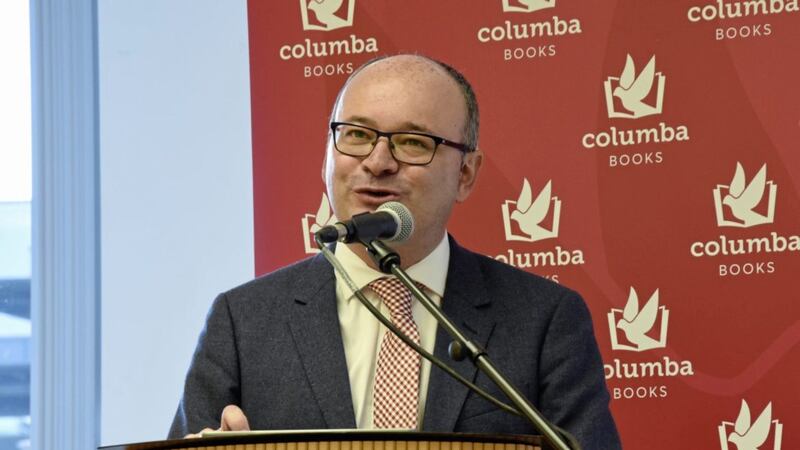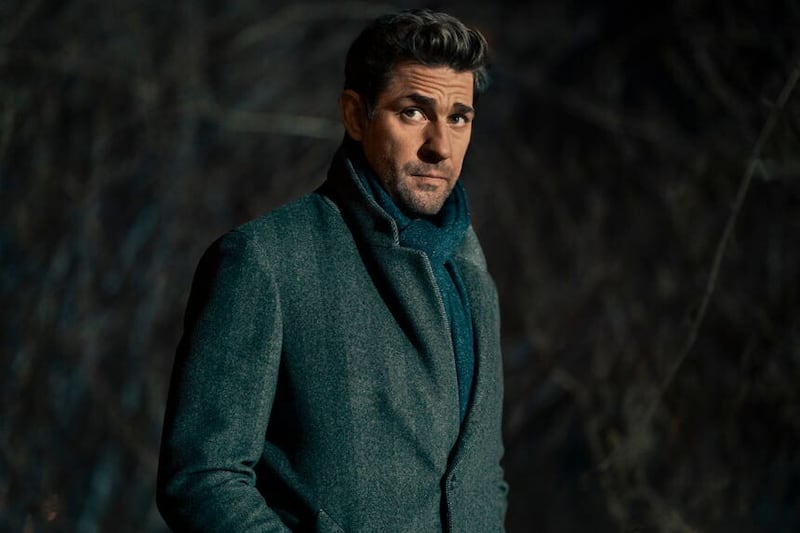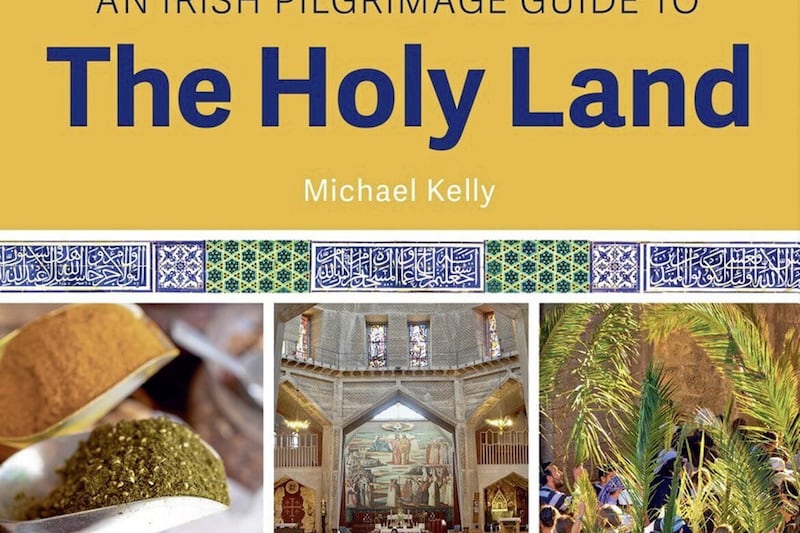THE answer to Ireland's national conversation on abortion could scarcely have been more deafening.
Two-thirds of voters backed the repeal of the Eighth Amendment, and thus the government's proposal to offer abortions up to the twelfth week of pregnancy.
The Catholic Church, along with the other main Churches, was a consistent opponent of repeal. And while it might not have been on the ballot paper, a knotty sub-plot to the referendum was the place of the Catholic Church in the State; Saturday's result, it could be said, was 2018 Ireland giving voice to the fact that it is no longer a Catholic State for a Catholic people.
Expect more soul-searching in the build up to Pope Francis's visit in August, and for much to be made of how radically Ireland has changed since John Paul II was acclaimed in 1979.
But national conversations are only outworkings of personal conversations. And the fact is that many Christians feel ill equipped to rebut the arguments made by opponents on a range of thorny ethical issues, of which abortion is just one. Beyond instinct, perhaps they aren't even sure themselves.
Those who seek to challenge the Christian position are themselves often unclear about what the Church teaches or why it believes certain things.
Little wonder, then, that the whole thing becomes a dialogue of the deaf, neither side understanding the other - or, perhaps worse, even attempting to.
A timely contribution to this maelstrom is a new book, How to Defend the Faith Without Raising Your Voice - Civil Responses to Catholic Hot-Button Issues.
Written by Michael Kelly, the managing editor of the Irish Catholic and a prominent speaker on religious and public affairs, and Austin Ivereigh, a biographer of Pope Francis and co-founder of Catholic Voices, the book sets out to equip Catholics to defend their beliefs in a courteous and rational way.
Non-Catholics will find wisdom on its pages too, as it examines not only abortion but issues such as euthanasia, sexuality, women in the Church and the link between the Church and politics.
The Church needs to ask itself why its message didn't get through to so many of its followers. It's simply not good enough to somehow blame them
Mr Kelly says he hopes the book helps people to dialogue "in a culture that has changed, where people don't share the same religious assumptions as they did in the past".
"By the end of a respectful conversation - be it over dinner or in the office - I would love people to know more about why the Church teaches what it teaches about certain issues," he says.
And while you may still disagree at the end of the conversation, at least it can be an informed disagreement.
Indeed, part of the book's proposition is that it is more important for a Christian to be a faithful witness to the values they hold dear than it is to simply 'win' an argument.
The need for such a book at least in part reflects how the Catholic Church is poor at communicating its teachings.
"Most people in the Republic - the vast bulk of Catholics on the island - attend Catholic schools," explains Mr Kelly.
"They spend 14 years in Catholic schools then, when they leave school - even if they are Mass-goers - the only exposure they have to teaching around faith is two or three minutes in a Sunday morning homily."
In the past, this might have been tenable for the Church because it was integral to the dominant culture that existed in Ireland for so long.
But that developed into an over-reliance on the wider culture to assist it, and made the Church lazy.
A moment like the referendum result, says Mr Kelly, is a time for the Church to say: "'This is our job of work to do, we have to ensure faith formation, we can't assume people will pick it all up from the culture'."
Mr Kelly was reminded of his own 'wider culture' growing up in Omagh at the launch of the book: "I realised that I was with all the people who were part of my childhood - my parents, family, teachers - and that they taught me far more about Christianity than anyone else."
Taking Archbishop Eamon Martin's phrase that Catholics today need to be "intentional disciples", Mr Kelly forms a contrast with the 'old' Ireland, in which "Catholics didn't have to think about anything because no-one was ever going to ask you a difficult question".
"The secular liberal culture is in that space now. The dominant culture is entirely of their making, and agrees with them on virtually everything," says Mr Kelly.
The Catholic Church is being stripped of everything that it wrongly believed gave it meaning in terms of power, structure and prestige
The Yes vote must act as "a massive wake-up call for the Church", including facing up to the reality that Catholics did vote for abortion.
"The Church needs to ask itself why its message didn't get through to so many of its followers," says Mr Kelly. "It's simply not good enough to somehow blame them."
Playing the persecution card should also be resisted: "The Christian Church arose in the pagan culture of the Roman Empire precisely because people were willing to stand up for what they believed, precisely because in some circumstances people were willing to die for what they believed."
The Catholic Church has undoubtedly lost its once privileged place in Irish public - and private - life. This is no bad thing, though; Catholicism and Christianity in general is probably at its worst when it is fully embraced by the dominant culture because it loses the freedom to be counter-cultural.
"One of the things that is happening now is that the Catholic Church is being stripped of everything that it wrongly believed gave it meaning in terms of power, structure and prestige," says Mr Kelly.
That includes its role in schools, from which it should stage a "tactical retreat" as soon as possible.
"The vast bulk are only nominally Catholic. The Church should pull out of more than 50 per cent of schools - not in a fit of pique, but to acknowledge that this is no longer our reality," says Mr Kelly.
"The Catholic schools that remain wouldn't be stuck in this awful position of being the default provider of education to everyone who comes."
This would allow them to be "consciously Catholic", he says, pointing to the experience of thriving faith schools in England and Wales.
Most Irish schools are simply "part of the Church keeping the show on the road".
And that, whatever else it might be, is no longer a viable position for a Catholic Church seeking revival and finding a new place in the new Ireland of the 21st century.
- How to Defend the Faith Without Raising Your Voice - Civil Responses to Catholic Hot-Button Issues by Michael Kelly and Austin Ivereigh is published by Columba Press








